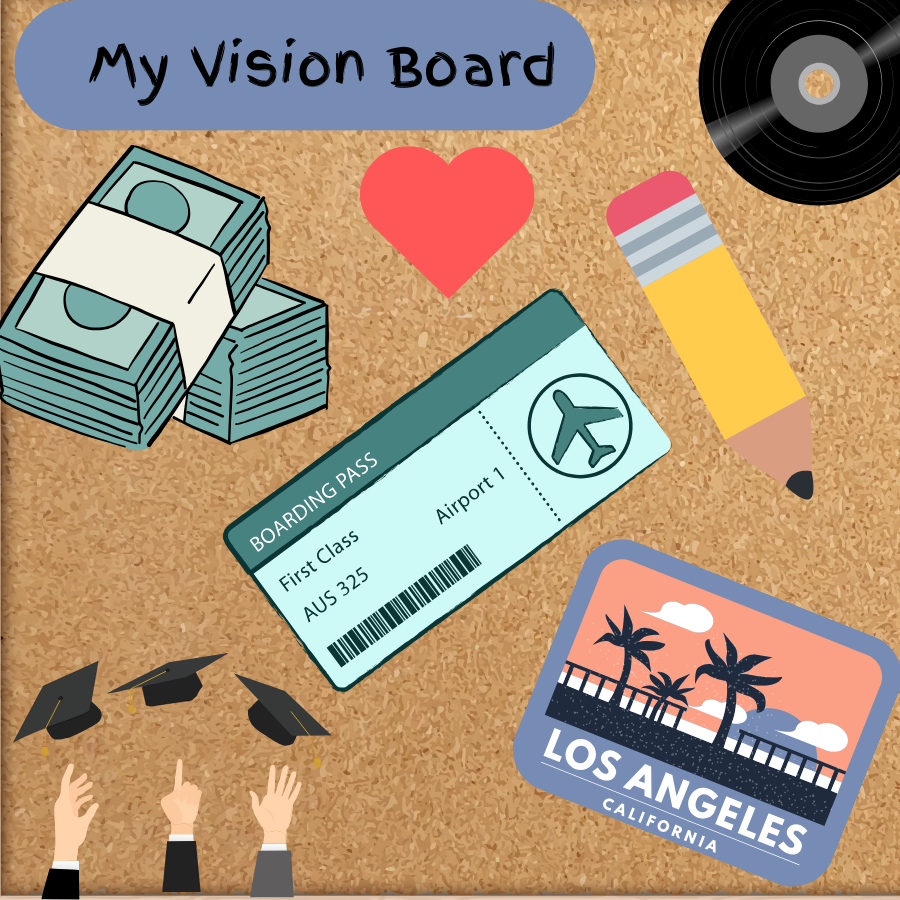It happens at least once a week. I walk into class and all of the lights have halos and the room sounds muffled. To those familiar with migraines, these are telltale signs. In an attempt to avoid a migraine, I take two tabs of ibuprofen. Within 10 minutes, the halos disappear and my muffled hearing retreats.
As somebody who gets migraines regularly, ibuprofen is a necessity for me. I carry a travel sized bottle wherever I go, and this habit has proven worth-it multiple times. Friends also like that I carry it, as it usually relieves all manner of headaches or cramps in under half an hour.
Many Creek Students carry pain relievers (those who don’t definitely should), but Ibuprofen is a far safer and more accessible choice than other options such as acetaminophen or aspirin.
Ibuprofen is an NSAID, or a Nonsteroidal Anti Inflammatory Drug. It works by limiting inflammation across the body, limiting pain whether it be from cramps, migraines, or a fever.
The other well-known NSAIDs, including aspirin and acetaminophen, exclusively work in the brain, doing little for pain elsewhere in the body. Ibuprofen is one of the most versatile over-the-counter painkillers, which is why I will always choose it over other options when fighting a killer headache.
Additionally, ibuprofen has a smaller risk of poisoning. Acetaminophen (commonly known as Tylenol), the main competitor of ibuprofen, has been known to cause liver failure if taken in excess.
Even so, it is important to remember that like most over-the-counter medications, ibuprofen should be taken responsibly. Appropriate ibuprofen dosage corresponds to age and weight, so it is important to do your own research before using ibuprofen.
My doctor strongly recommended ibuprofen to me after I first mentioned my migraines. Because doctors recommend taking it responsibly, ibuprofen is usually a safe choice for a pain reliever. Ibuprofen is also much safer than heavier pain relief; there is no risk of becoming addicted. If taken in moderation, it probably won’t cause any health issues, and typically, the only noticeable effect that it causes is a decrease in pain or inflammation.
Additionally, studies have shown that ibuprofen has antidepressant properties, and though it isn’t FDA approved as an antidepressant, many other anti-inflammatory medications are also known to (slightly) lessen depression.
As of now, Creek’s health clinics advise and encourage that students carry their own over-the-counter medications without specific nurse or administrator approval, and explicitly suggest ibuprofen on the website. This includes other NSAIDs such as acetaminophen and antihistamines such as Claritin.
Don’t suffer through the pain. Your time would be better spent doing schoolwork or an activity rather than trying in vain to ignore your discomfort. Even if you yourself don’t carry ibuprofen on you, you probably have a friend who does, and that friend is likely to share some if you need it. It doesn’t hurt to carry ibuprofen, especially if it is regularly needed.
So the next time you are struck with a splitting headache or a cramp that won’t let up, ibuprofen is the ideal choice of pain reliever.








